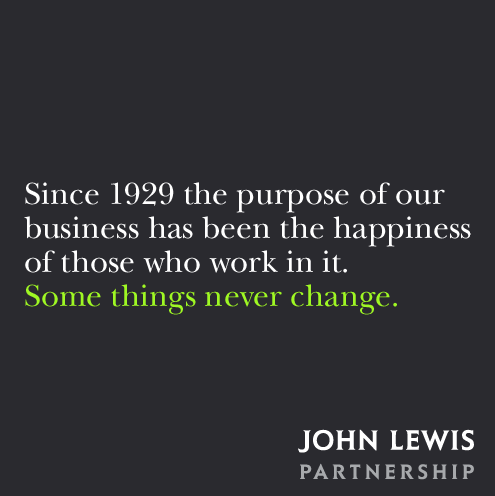Those are the questions that a recent paper published in the British Journal of Industrial Relations (BJIR), tries to answer. We draw upon the results of a detailed comparative study of behaviours in the two largest co-owned retailers in Europe (Eroski in Spain and John Lewis in the UK). We were able to assess developments over time and across economic cycles.
One of the many rationales advanced as justifying employee-owned enterprises is the idea that workers in such enterprises will be more engaged and more productive. The suggestion is that workers in these enterprises will think and behave differently: the essential nature of that difference being that they can be expected to act more like ‘owners’: be more customer (and market) focused and willing to make sacrifices in hard times in order to sustain the enterprise. They would be expected to expend ‘discretionary effort’. In managerial language, they might be expected to be more willing than an employee in a conventional firm, to ‘go the extra mile’.
What did we find? We found the so-called ‘three-pronged hypothesis’ to be valid. This refers to the need for employee ownership to be complemented with increased employee participation in decision making and with supportive human resource policies. But we also found a need for a fourth prong – that is, a form of leadership which recognises the potential inherent in co-ownership and which animates that potential by continual supportive steps to make it real.
 This finding sat alongside a mixed set of outcomes with regard to measures of productivity, absenteeism, employee attitudes and employee turnover. Workers in both firms demonstrated levels of commitment which exceeded those in other forms of employment. But, at the same time, there were indicators of complacency with some examples of higher levels of sickness absence and responses to satisfaction surveys which revealed lower scores than expected. Managers in both firms explained these results as stemming from higher expectations held by co-owners.
This finding sat alongside a mixed set of outcomes with regard to measures of productivity, absenteeism, employee attitudes and employee turnover. Workers in both firms demonstrated levels of commitment which exceeded those in other forms of employment. But, at the same time, there were indicators of complacency with some examples of higher levels of sickness absence and responses to satisfaction surveys which revealed lower scores than expected. Managers in both firms explained these results as stemming from higher expectations held by co-owners.
So, to what extent do these firms offer encouragement that co-ownership might provide a viable alternative to conventional firms? Co-ownership does not provide a simple, direct read-across to high commitment and high reward. But, they do offer the potential for shared knowledge, shared power and shared reward. To realise that potential seems to require constant skillful effort.
Read the paper
The full article is titled: “Do employee-owned firms produce more positive employee behavioural outcomes? If not why not? A British-Spanish comparative analysis” by Imanol Basterretxea (Universidad del País Vasco UPV/EHU, Spain) and John Storey (The Open University, UK). Published in the British Journal of Industrial Relations, June 2017.
Rate and Review
Rate this article
Review this article
Log into OpenLearn to leave reviews and join in the conversation.
Article reviews